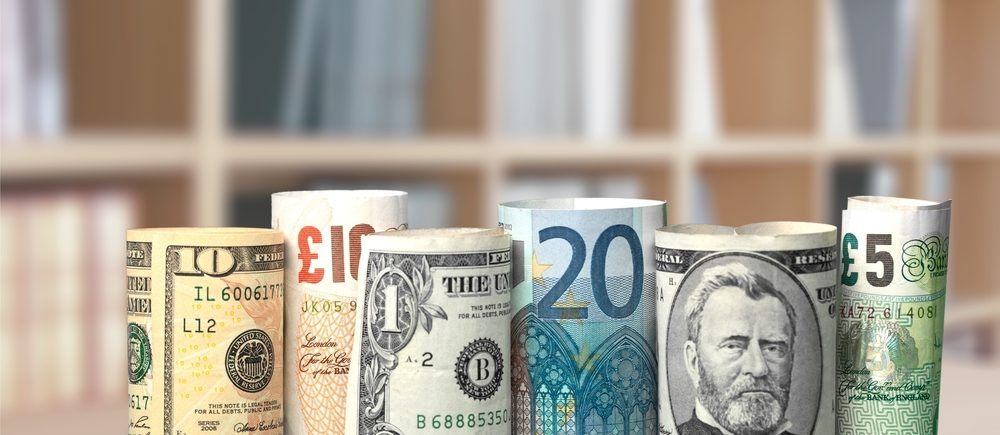On Wednesday, the Japanese yen fell slightly against the dollar after its unexpected rise in the previous session, which raised speculation that the Japanese authorities intervened to support the currency.
The Japanese currency fell slightly to 149.12 to the dollar in early Asian trading, after jumping about two percent during yesterday’s session, Tuesday, to 147.30, which came after the yen fell to 150.165 to the dollar, which is its weakest level since October 2022.
The Japanese authorities intervened last year to support the yen for the first time since 1998.
Other currencies similarly fell against the yen in the previous session, with the euro losing more than 1.5 percent to 154.39 yen. It compensated for some of those losses and recorded 156.05 yen in the latest transactions.
Masato Kanda, Japan’s Deputy Finance Minister for International Affairs, declined on Wednesday to comment on whether Tokyo intervened in the exchange rate market overnight, but said, “We only took steps that were understood by the American authorities.”
US Treasury Secretary Janet Yellen said last month that Washington’s understanding of Japan’s renewed intervention in buying the yen “depends on the details” of the situation.
In the broader currency market, the dollar rose on the back of strong data issued on Tuesday that showed job opportunities in the United States unexpectedly increased in August amid an increase in demand for workers in the professional services sector and business activities.
This led to a rise in the US currency, approaching the highest level in 11 months at 107.34 against a basket of currencies, and the dollar index reached 107.07 in the latest reading.
The British pound fell 0.03 percent to $1.20745, remaining near the lowest level in seven months that it recorded in the previous session at $1.20535.
The euro fell to a similar bottom at $1.0448 yesterday, Tuesday, the lowest level since December, and recorded in the latest transactions $1.0469.
The Australian dollar rose 0.11 percent to $0.63085, after falling nearly one percent on Tuesday after the country’s central bank kept interest rates steady for a fourth month and did not indicate the need to raise them again.
The New Zealand dollar increased 0.07 percent to $0.5912, ahead of the Reserve Bank of New Zealand’s interest rate decision later today, Wednesday. The bank is also expected to keep interest rates unchanged.
 Noor Trends News, Technical Analysis, Educational Tools and Recommendations
Noor Trends News, Technical Analysis, Educational Tools and Recommendations





